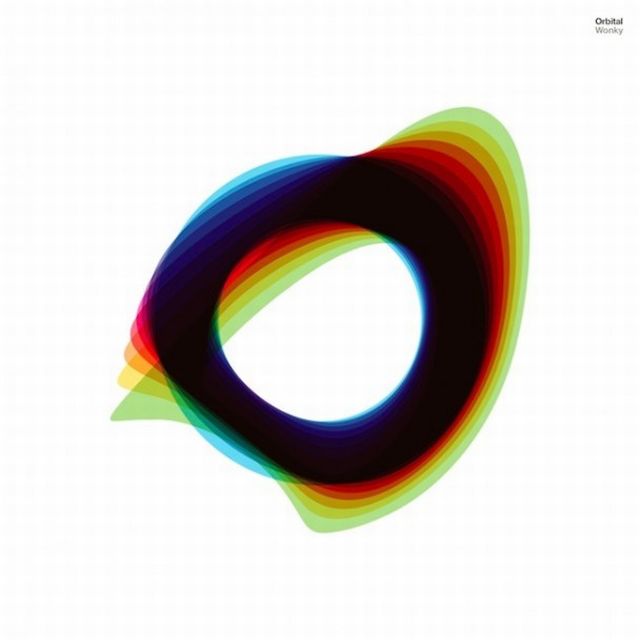
Orbital’s 2004 album Blue Album was supposed to be the British duo’s final legacy, leaving fans to mourn the loss of one of the 90s most heralded and unique electronica acts. But after a few years apart, Phil and Paul Hartnoll regrouped for what turned out to be a successful reunion world tour. Wanting to keep up the newfound momentum, but not wishing to become, in their own words, a “heritage act” – one that would play best of sets for the rest of their lives – the pair went back into the studio. The result was Wonky.
The mixed bag that is Wonky shows a band with obvious reinvigoration for creating music. While it retains some of Orbital’s signature sounds – the video game-esque twangs and the like – there’s also a freshness present, something that perhaps several years apart focusing on solo projects and exploring new sounds has really helped with. Perhaps the most obvious indication of ‘new’ Orbital is their homage to dubstep in the form of “Beezledub”. A dark and at times grating track, it heralds the usual drawn out basslines and acid tones of dubstep while keeping to the melodic, upbeat spectrum of the genre.
For older fans there’s a few gems to enjoy in Wonky too. Orbital have always been best at creating epic tracks out of the simplest of concepts – often just a simple hook or melody built up over with layers of complementing sounds and beats. Tracks like the uplifting, shoegazey Zola Jesus collaboration “New France” and the epic closing track “Where Is It Going” could have comfortably sat alongside “Belfast” and “Halcyon” on their earlier albums.
It would be unfair to draw comparisons between Wonky and their more recent work, because what Wonky represents is a band keen to move forwards, not look back. But that said, this isn’t exactly one of Orbital’s strongest albums. It is, however, a showcase of the Hartnoll brothers’ unique and important contribution to electronica music, and it certainly signals a very welcome return from one of dance music’s greats.
Review Score: 7.4 out of 10
